Most books are by a soloist. The one youre holding is by a band.
Let me tell you our story.
First of all, Al Ramadan, Christopher Lochhead, and Dave Peterson are kind of nuts. I mean that in a sincerely affectionate way. Over the past dozen years, theyve forged a relationship with each other unlike any Ive seen between three men. Their business, Play Bigger, gets paid large sums of money to help companies do exactly whats in this book. (So youre getting it cheap!) The whole company consists of just the three of them and their legendary ringleader Mary Forman (admin wouldnt do her justice), and they have no intention of hiring more employees, expanding globally, taking VC money, or trying to disrupt McKinsey. They dont have an office, preferring to work in bare feet and board shorts at Christophers Santa Cruz, California, house with the hens out back, taking surfing breaks when the good waves roll in. They are refreshingly enthusiastic about everything and believe that there isnt a sentence that cant be made better by adding some version of fuck to it. When giving a presentation to, say, a board of directors, they can come across as an odd hybrid of business strategists, motivational speakers, and a family of pirates.
Most important, these guys are utterly bonded and connected to each other in life as well as in business, more like brothers than partners. On occasion, I have heard them half-jokingly call each other honey.
All three grew up as outsiderskids with rough edges who shouldnt have ever become so prosperous. Al was born in Australia, but his father was a blue-collar immigrant to that country from Cyprus. Christopher grew up in an English-speaking family originally from Scotland in French-speaking Montreal and thought he was stupid until he understood, in his twenties, that he was dyslexic. Dave was born in rural Iowaa farm boy who stood out because he looked Asian. His Japanese mother had survived World War II firebombings and later married an American military man and crop-duster who brought her back home to that Iowa countryside. In the 1990s, Al, Christopher, and Dave wound up in Silicon Valley via separate, twisty routes. Before they succeeded, each of them at some point failed spectacularlyand their failures, to my mind, are a big reason why they know so much now. Or, as tech people might put it, the failures are a feature, not a bug.
Ive known Al the longest. In the late 1990s, while I was writing for USA Today and covering the dot-com boom, I visited the company Al founded, Quokka Sports. Its still one of my favorite companies from that era. Al had previously been the chief technology officer for Australias Americas Cup racing team. From that experience, he realized that 1) emerging networked devices could capture all sorts of data about boats in a race and 2) yachting played terribly on television. Quokka was founded to take sports data and creatively display it on a website so fans of sailing or car racing or Olympic events could experience the sport in a whole new, immersive way. Quokka got everything right about how data was going to change the way fans consume sportsbut it did so ten to twenty years too early. The data age of sports finally is taking hold in the mid-2010s. Quokka thrived in the dot-com era but wasnt strong enough to get through the dot-com crash of 2000, and in 2001 the company closed. By then Al had become a friend, and I continued to talk to him anytime I wrote about data and sports.
Al moved on to top positions at Macromedia, and then Adobe after Adobe bought Macromedia. While at Macromedia in 2001, Al first met Christopher and Dave.
In Silicon Valley circles, Christopher is a marketing legend. If Bruce Willis had been a chief marketing officer in the Die Hard moviesthat wouldve been Christopher. He is brash, cocky, creative, and speaks so cleverly youd think he was scripted by former West Wing writers. Since, as a teenager, he kept flunking out of school, Christopher never went to college and taught himself business by reading books like Ogilvy on Advertising and Geoffrey Moores Crossing the Chasm. In the mid-1990s, he was an executive at a software company called Vantive, where Dave came to work with Christopher. Then, in the late 1990s, Christopher and I tangentially crossed paths when I wrote about Scient. That company was a rocket of the dot-com era, at one point hiring two thousand people within thirty-six months. It made its money consulting to companies about how to do business on the nascent Internet. Christopher was the companys chief marketing officer. Scient made the cover of Forbes magazine in 2000. Before the end of 2001, it was deada direct victim of the dot-com collapse. If youre a consulting company and your customers get nuked... you dont have anybody to consult to.
After Scients demise, Christopher worked as a positioning consultant for a while, and partnered with Dave. One of their gigs in 2001 was to help Al figure out how to reposition Macromedia productswhich, again, was when all three came together. Christopher had another significant run as a CMO, at Mercury Interactive. He and Dave repositioned the company and helped steer it to a 2006 acquisition by Hewlett-Packard for  4.5 billion. When Christopher joined Mercury, it was worth about
4.5 billion. When Christopher joined Mercury, it was worth about  1 billion. As Mercurys chief marketer, Christopher wanted the most talented person he knew by his side to run Mercurys communications. That was Dave.
1 billion. As Mercurys chief marketer, Christopher wanted the most talented person he knew by his side to run Mercurys communications. That was Dave.
Id never had any connection to Dave. But now I would say that I think he can read people as well as anyone Ive ever met. He would say he developed that capability as a defensive strategy when he was an Iowa kid who got picked on for his ethnicity. Instead of fighting back with fists or folding inward, Dave outsmarted his tormentors and took them down with words. He started out as a psychology major in college but switched to public relations because thats where all the girls were. At twenty-five, Dave moved to Silicon Valley to work for an ad agency, which had as one of its clients Vantive, where Christopher ran marketing. Before long, Christopher fired the agency and hired Dave to come to Vantive, and from that point on the two were pretty much glued together. Dave took a detour when he cofounded a company called GiveMeTalk!, thinking hed make a fortune by creating a new market category he called Internet talk radio. That turned out to be Daves lesson in failure. To this day, almost no one has heard of GiveMeTalk! Dave and his cofounders were too early and later the space became this thing called podcasting. Dave then joined Christopher at Mercury, and that experience helped make Dave into a valuable entity in Silicon Valley. He had absorbed Christophers marketing mojo and mixed it with his brand of people reading and aggressive execution (or, to use our technical term, Dave gets shit done), and companies wanted him. He ended up, for a while, running marketing for another software company, Coverity.
By 2006, both Al and Christopher had essentially retired. Dave was still at Coverity. Al and Christopher had second homes in Lake Tahoe, where they would get together on the ski slopes. Each did a little consulting and sat on a couple of boards, and were trying to figure out what to do next. Heres what Al told me: One day Christopher and I were just riding the ski lift, and I said, Why the fuck are we doing this apart? This is nuts! Youve got this skill, and Ive got that skill. We really should think about doing this together. Al and Christopher combined forces, and not long after, Dave parted from Coverity and came aboard. The three quickly found that what they could do together was ten times better than what they might do individually. Theyre kind of like the Avengers, with different complementary superpowers: Christopher is the creative frontman; Al is the analytical business mind; Dave, as noted earlier, gets shit done.

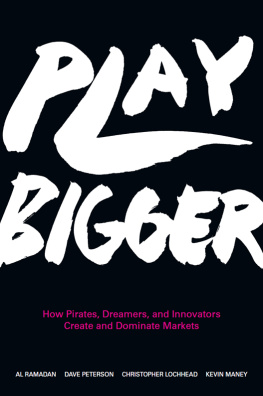
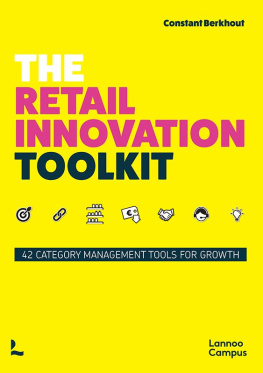
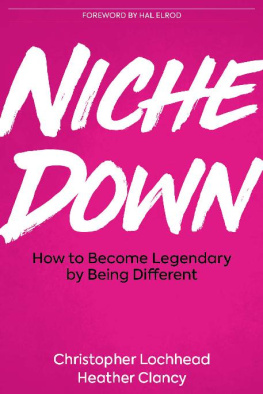


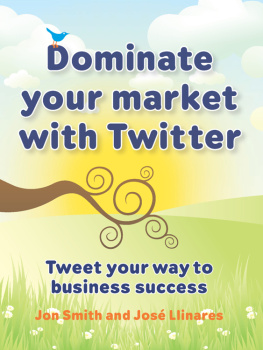
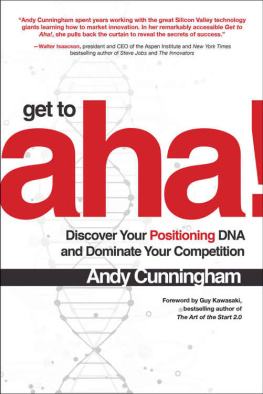
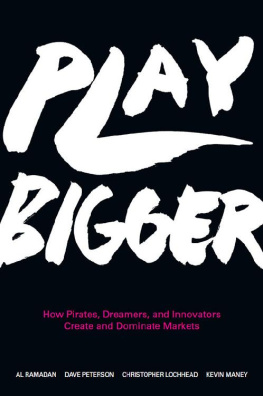
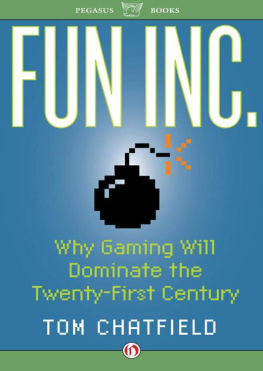
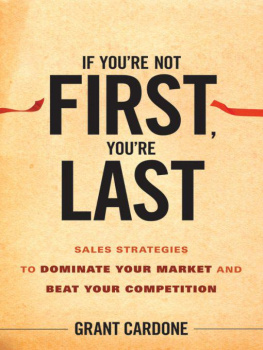
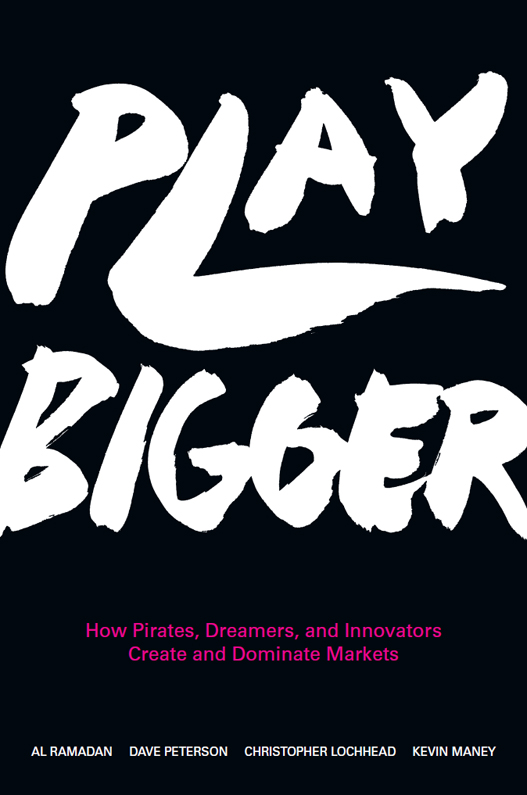
 4.5 billion. When Christopher joined Mercury, it was worth about
4.5 billion. When Christopher joined Mercury, it was worth about